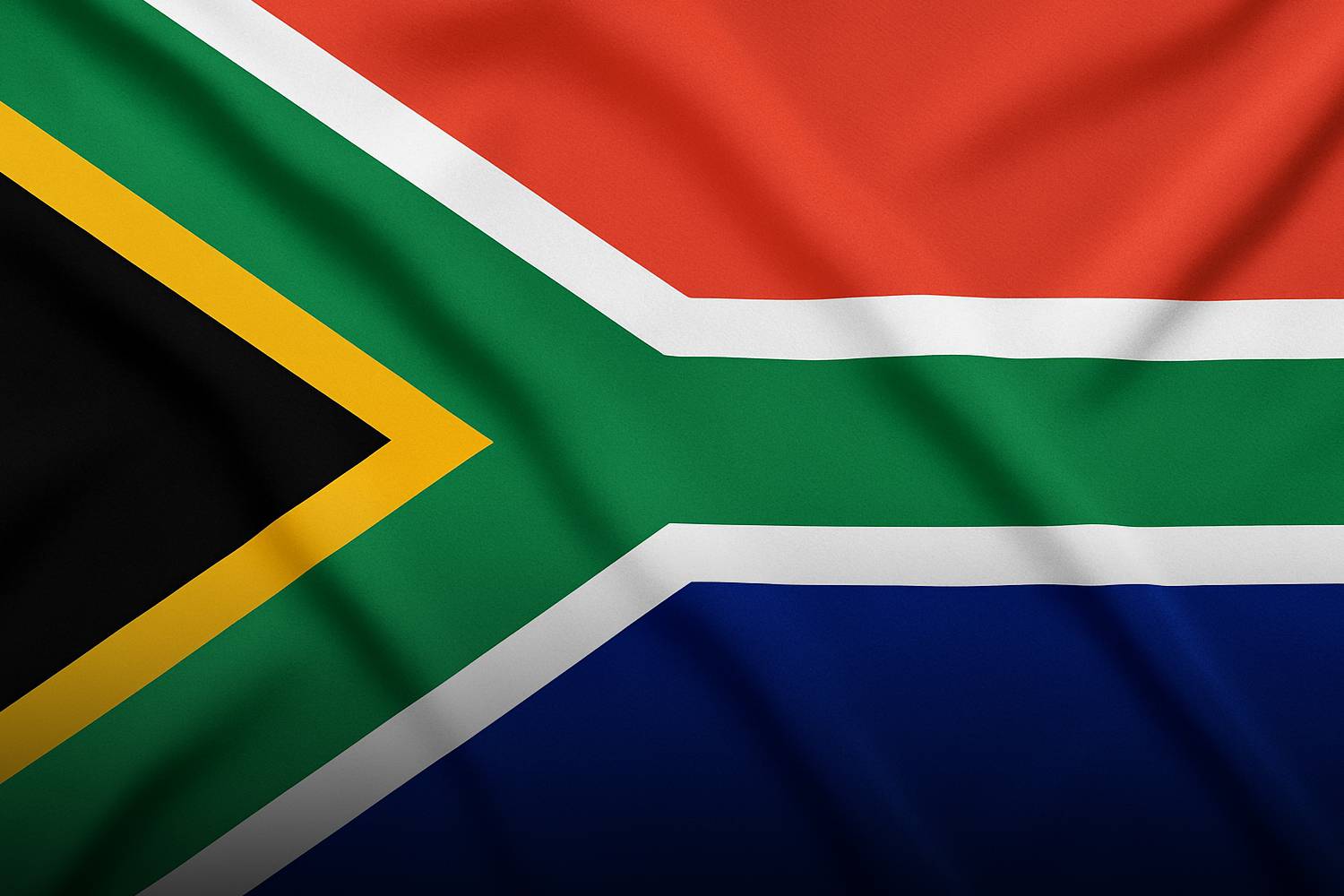Freedom Day is celebrated every year on 27 April in South Africa.
Freedom Day: When is it celebrated?
It is a public holiday that marks one of the most important milestones in the country’s history — the day when all South Africans, regardless of race, were allowed to vote in democratic elections for the first time.
This historic election took place on 27 April 1994 and ended decades of apartheid rule.
Each year, Freedom Day serves as a reminder of the long and painful journey South Africans undertook to achieve a free and fair society.
It is a day of national pride, celebration, and reflection, where people across the country honour those who fought for the rights enjoyed today.
The historical significance of Freedom Day
Freedom Day marks the end of apartheid, a system of racial segregation and discrimination that legally separated South Africans based on race.
Under apartheid laws, which officially began in 1948, non-white citizens had very limited rights. They could not vote, were forced to live in certain areas, and faced many restrictions on where they could work, study, or even travel.
The road to freedom was not easy. It took years of struggle, resistance, and sacrifices by countless South Africans.
Figures like Nelson Mandela, Oliver Tambo, Walter Sisulu, and many others became symbols of hope and perseverance during dark times. Many people lost their lives, were imprisoned, or went into exile fighting for freedom.
The first democratic election in 1994 allowed all South Africans to vote, regardless of their race.
It resulted in Nelson Mandela becoming the country’s first black president. The day symbolised a new beginning, built on equality, dignity, and human rights for all. Freedom Day is important because it reminds everyone in South Africa of the value of democracy and the responsibilities that come with it.
How to celebrate Freedom Day in South Africa
Freedom Day is celebrated in many ways across the country. Here are some simple and meaningful ideas:
- Attend official events: The government hosts events including speeches, concerts, and flag-raising ceremonies. These events often feature performances by local artists and reflections on the country’s progress.
- Visit historical sites: Museums and heritage sites like the Apartheid Museum in Johannesburg, Robben Island in Cape Town, and the Freedom Park in Pretoria offer powerful experiences about South Africa’s past and present.
- Host or join community gatherings: Many communities organise festivals, parades, or cultural shows. It’s a time to come together, enjoy local food, music, and celebrate the spirit of unity.
- Educational activities: Schools and organisations often run special programs to educate young people about South Africa’s history and the importance of protecting democracy.
- Reflect and have conversations: Families and friends can use the day to talk about South Africa’s journey to freedom and what still needs to be done to build a better, more equal society.
No matter how it is celebrated, the spirit of Freedom Day is about honouring the past, celebrating the present, and committing to a better future for all South Africans.
